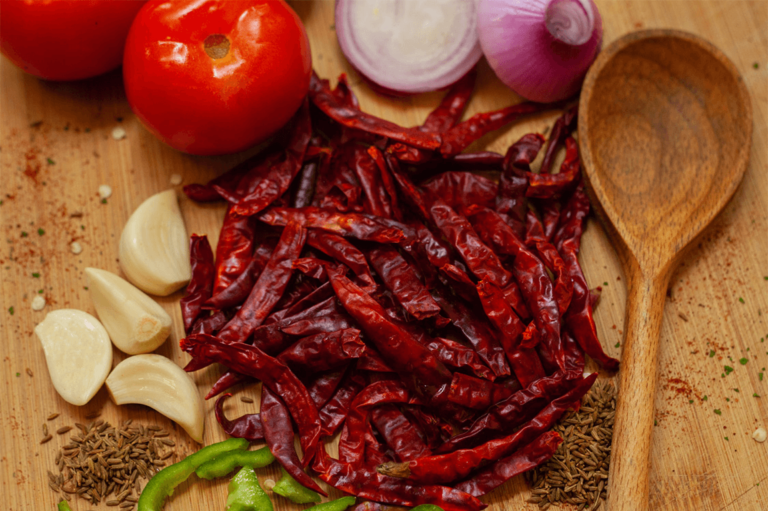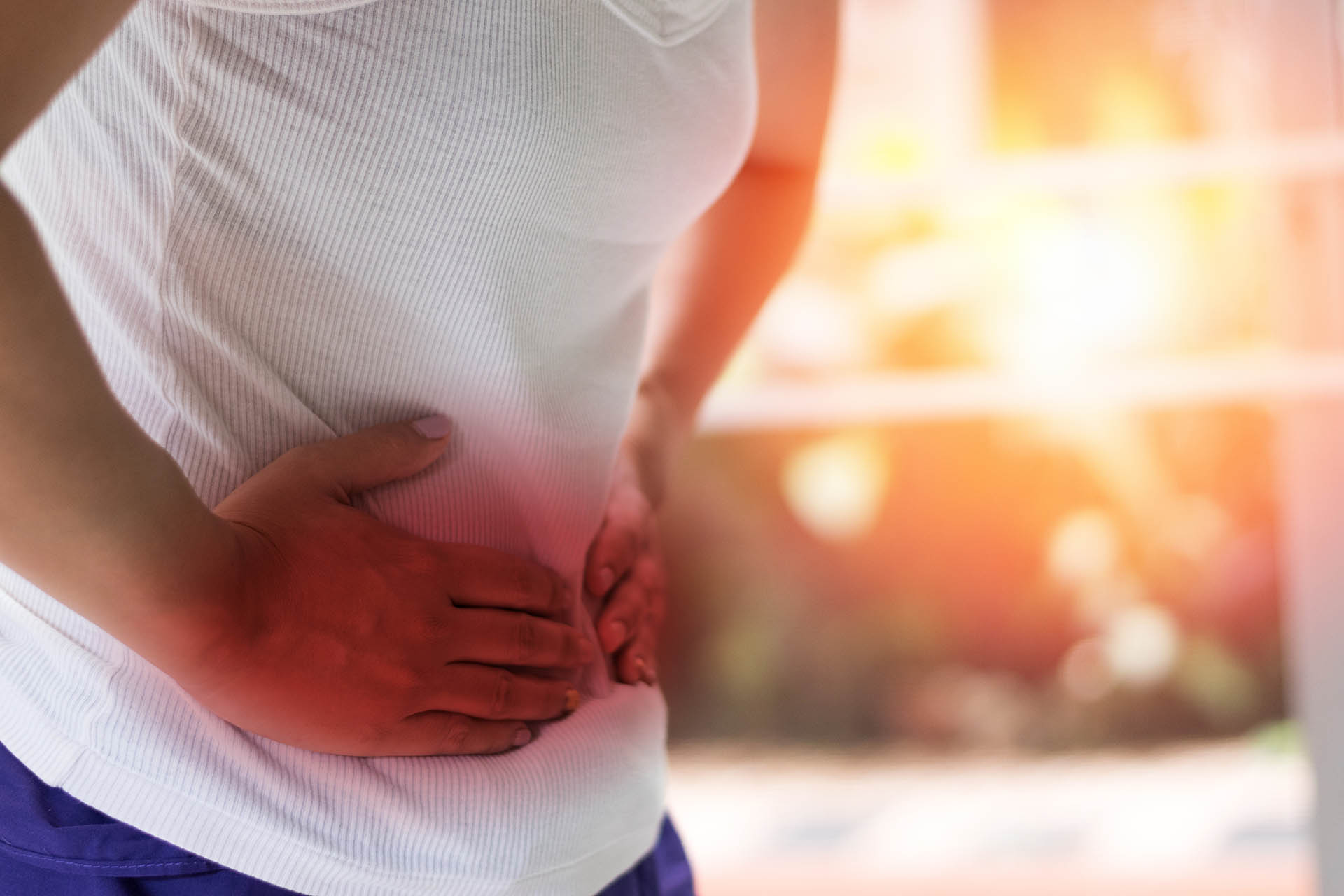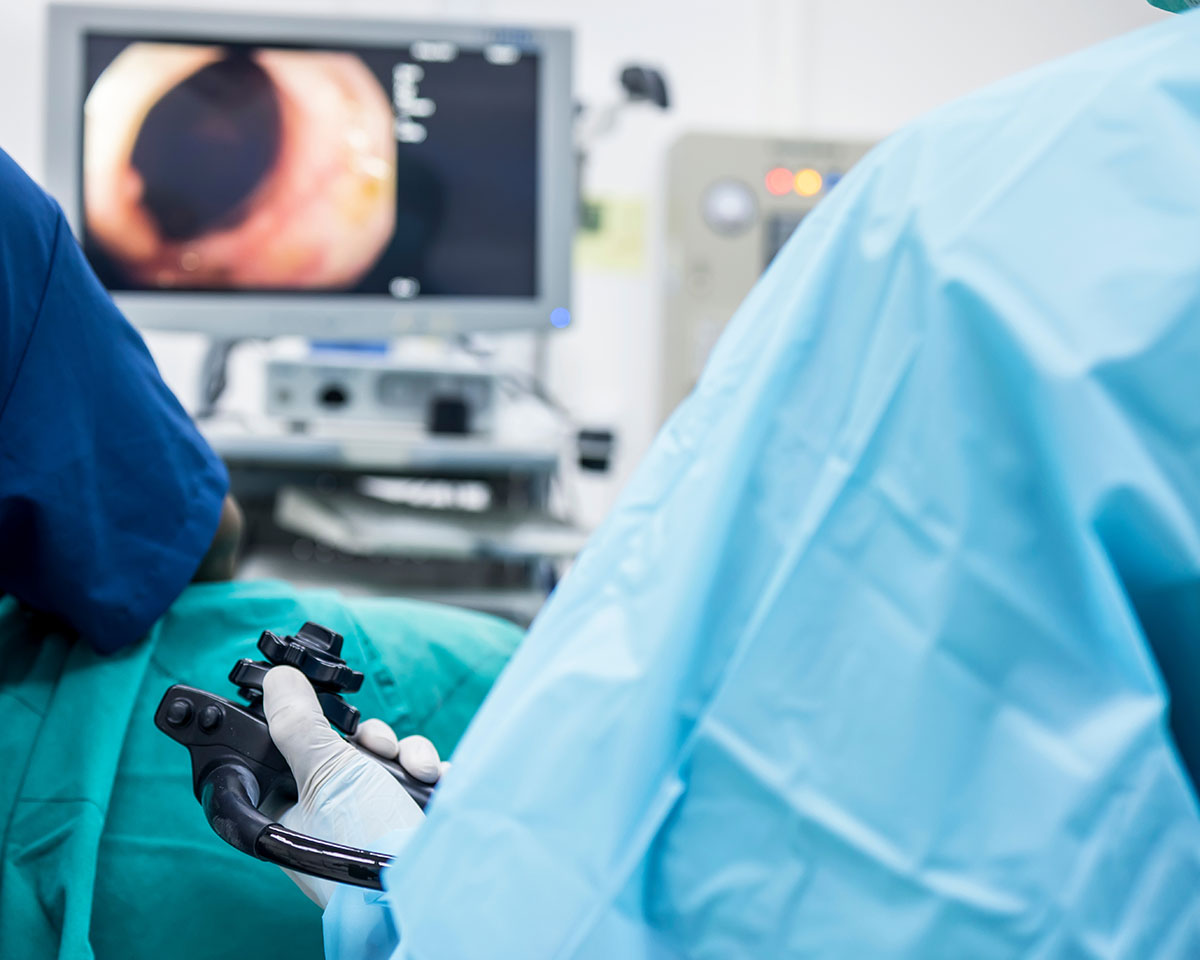Appendicitis is a common and potentially serious medical condition when the appendix becomes inflamed and swollen. The appendix is a small, finger-shaped pouch on the lower right side of the abdomen connected to the large intestine.
Appendicitis typically requires prompt medical treatment, and in severe cases, surgery may be necessary to remove the inflamed appendix.
Several factors can cause inflammation and swelling of the appendix, including infection, blockage, and trauma. While the exact cause of appendicitis is unclear, certain dietary habits and food choices have been linked to an increased risk of developing the condition.
In this article, we’ll explore what food can cause appendicitis. Additionally, we’ll explore other foodborne illnesses and bacterial infections that can lead to appendicitis, underscoring the importance of food safety and hygiene practices in preventing this condition.
Table of Contents
Toggle1. Processed Meats And Fried Foods

Growing evidence suggests that consuming high amounts of processed meats and fried foods may increase the risk of developing appendicitis. Processed meats such as hot dogs, sausages, and bacon are often high in fat, sodium, and preservatives, which can trigger inflammation and damage to the digestive system.
Similarly, fried foods such as french fries, onion rings, and fried chicken are typically high in unhealthy fats and calories, contributing to inflammation and digestive distress.
One study published in the journal JAMA Pediatrics found that children who ate fast food and fried foods more than three times per week were at a higher risk of developing appendicitis than those who ate these foods less frequently.
Another study published in the journal Gut found that a diet high in red and processed meats was associated with an increased risk of appendicitis in both men and women.
Processed meats and fried foods may contribute to appendicitis through mechanisms that are not yet fully understood. Still, it is believed that the high-fat content and low fibre in these foods can lead to constipation, inflammation, and damage to the digestive tract lining. This increases the likelihood of infection and blockages in the appendix.
2. High-Fat And High-Cholesterol Foods
Eating high-fat and high-cholesterol foods have also been linked to an increased risk of appendicitis. High-fat foods such as cheese, butter, and fatty meats can cause digestive problems, leading to constipation and bowel irregularities that can contribute to inflammation and infection of the appendix.
Additionally, high-cholesterol foods such as egg yolks, liver, and shellfish can lead to the formation of gallstones, which can block the appendix and increase the risk of appendicitis.
These may cause symptoms either by direct perforation or obstruction. A case of appendicitis secondary to obstruction by gallstones has been reported.
3. Refined Carbohydrates And Sugary Snacks

Studies have suggested that consuming refined carbohydrates and sugary snacks may increase the risk of developing appendicitis.
Foods that are high in sugar and refined carbohydrates can cause a rapid increase in blood sugar levels, leading to an insulin spike. This, in turn, can cause inflammation in the digestive tract, which may increase the risk of infection and blockages in the appendix.
Additionally, high sugar intake has been associated with changes in the gut microbiome, which may also contribute to the development of appendicitis.
Moreover, consuming a diet that is high in processed and sugary foods may promote the growth of harmful bacteria in the gut while reducing the growth of beneficial bacteria, leading to an imbalance in the gut microbiome. This imbalance has been associated with an increased risk of developing various gastrointestinal disorders, including appendicitis.
It is important to note that consuming refined carbohydrates and sugary snacks in moderation as part of a balanced diet is unlikely to cause appendicitis. However, regular consumption of these foods in large amounts may increase the risk of developing appendicitis and other digestive disorders.
4. Dairy Products And Other High-Lactose Foods
The link between dairy products and appendicitis is still not entirely clear. However, some studies have suggested that consuming high-lactose dairy products, such as milk, cheese, and ice cream, may increase the risk of developing appendicitis.
Lactose is a type of sugar that requires lactase, an enzyme produced in the small intestine, to be broken down and absorbed properly. People who are lactose intolerant lack sufficient lactase, leading to incomplete digestion of lactose in the small intestine.
The incomplete digestion of lactose can cause bloating, diarrhoea, and abdominal pain, which may lead to constipation and inflammation of the appendix, increasing the risk of infection and blockages. Additionally, consuming high-lactose foods may also cause changes in the gut microbiome, leading to an imbalance of bacteria and an increased risk of infection.
However, the evidence linking dairy products and appendicitis is not conclusive, and more research is needed to fully understand the relationship between lactose and the development of appendicitis.
5. Spicy And Acidic Foods

Spicy and acidic foods are thought to be potential triggers for appendicitis. While there is limited research on the direct link between spicy and acidic foods and appendicitis, some studies suggest that these foods can cause irritation and inflammation in the digestive tract.
Spicy foods contain capsaicin, a compound that can irritate the digestive system and cause inflammation. Acidic foods, such as citrus fruits, tomatoes, and vinegar, can also irritate the lining of the digestive tract and cause inflammation.
This may increase the risk of infection and blockages in the appendix. For individuals already experiencing abdominal pain or digestive discomfort, consuming spicy or acidic foods can further exacerbate symptoms and potentially trigger appendicitis.
It is recommended to limit these foods if you are experiencing symptoms or are at risk of developing the condition.
Is It Really Appendicitis?
There are several health problems that can mimic the symptoms of appendicitis, such as an everyday upset stomach, leading to a misdiagnosis or delayed diagnosis. Some of these conditions include:
- Gastroenteritis: This is a viral or bacterial infection of the digestive tract that can cause abdominal pain, nausea, and vomiting.
- Urinary tract infection (UTI): UTIs can cause lower abdominal pain, fever, and urinary symptoms such as severe pain or burning during urination.
- Ovarian cysts: Large ovarian cysts can cause pain and discomfort in the lower abdomen, which can be mistaken for appendicitis.
- Inflammatory bowel disease (IBD): Conditions such as Crohn’s disease or ulcerative colitis can cause abdominal pain, diarrhoea, and other symptoms that can be similar to appendicitis.
- Pelvic inflammatory disease (PID): This is an infection of the female reproductive organs that can cause lower abdominal pain, fever, and other symptoms.
It is important to seek medical attention promptly if you experience symptoms of abdominal pain or discomfort, as prompt diagnosis and treatment can help prevent complications and ensure a speedy recovery.
What To Do When You Have Appendicitis Symptoms
If a doctor suspects a patient has appendicitis, they may order several tests to confirm the diagnosis.
One common test is a physical examination of the abdomen, in which the doctor may look for signs of inflammation, such as tenderness and swelling in the lower right part of the abdomen.
Blood tests may also be performed to check for signs of infection, such as an elevated white blood cell count. Urine tests are also used for the same effect.
Imaging tests, such as an abdominal ultrasound or computed tomography (CT) scan, may be ordered to visualise the appendix and check for any signs of inflammation or blockages.
In some cases, a doctor may also perform a diagnostic laparoscopy, in which a small camera is inserted into the abdomen to directly visualise the area and diagnose appendicitis.
If left untreated, and your appendix bursts, it can require surgery. At this point you will feel severe abdominal pain and you will need to go to the emergency department right away.
It is important to seek medical attention promptly from a colorectal surgeon if appendicitis is suspected, as prompt treatment is crucial to prevent complications.

Conclusion On Foods That Can Cause Appendicitis
Ultimately, being mindful of the food we eat is essential to our overall health and well-being. The foods we consume can significantly impact our digestive health, and studies suggest that certain foods may increase the risk of developing appendicitis.
However, rather than focusing on the foods we should avoid, it’s important to consider the foods we can incorporate into our diets that promote digestive health. Some of these pro-digestive health foods are fibre-rich fruits and vegetables, lean proteins, and whole grains.
Undergoing appendicitis surgery in Singapore can be a scary thing for most people. But, that is why if the time comes, you will need the care of someone like Dr Q M Leong, a colorectal specialist with over 2 decades of experience in healthcare so you know you’ll be in good hands..
If you are experiencing any symptoms, don’t hesitate to contact Advanced Colorectal and General Surgery and schedule a consultation today!
Frequently Asked Questions On Foods That Can Cause Appendicitis
The direct link between spicy food and appendicitis is unclear due to limited research. However, some studies propose that consuming spicy food can cause inflammation in the digestive tract, leading to an increased risk of infection and blockages in the appendix.
There is no conclusive evidence that suggests a vegetarian diet reduces the risk of developing appendicitis. However, a diet rich in fibre, fruits, and vegetables may promote overall digestive health, reducing the risk of developing digestive disorders, including appendicitis.
There are no specific foods that can prevent appendicitis. However, maintaining a healthy and balanced diet rich in fibre, fruits, and vegetables may promote overall digestive health and reduce the risk of developing digestive disorders, including appendicitis.
There is no definitive evidence to suggest that avoiding all fast food can prevent appendicitis. However, consuming fast food regularly, especially fried and processed foods, has been associated with an increased risk of developing appendicitis.





